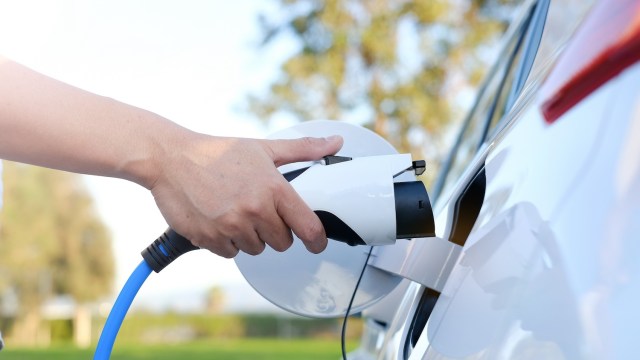The Hidden Costs of Installing an EV Charging Station at Home

As electric vehicles (EVs) continue to gain popularity, more and more people are considering installing an EV charging station at home. While the benefits of owning an EV are well-known – reduced emissions, lower fuel costs, and a quieter ride – it’s important to understand that there are hidden costs associated with installing an EV charging station. In this article, we will explore these costs in detail, so you can make an informed decision about whether installing a home charging station is right for you.
Upfront Installation Costs
One of the most significant hidden costs of installing an EV charging station at home is the upfront installation cost. While the price can vary depending on factors such as the type of charger and any necessary electrical upgrades, you should expect to spend several hundred to several thousand dollars on installation alone.
Firstly, you’ll need to purchase the charging station itself, which can range from $500 for a basic level 1 charger to over $2,000 for a high-powered level 2 charger. Additionally, you’ll likely need to hire a licensed electrician to install the charger correctly and safely. The cost of labor can vary greatly depending on your location and any electrical upgrades required in your home.
Electrical Upgrades
Another hidden cost that often catches homeowners off guard is the need for electrical upgrades. Most homes are not equipped with the necessary electrical infrastructure to support a high-powered EV charging station without additional modifications.
Upgrading your electrical panel or adding dedicated circuits may be necessary depending on your existing electrical capacity. These upgrades can range from a few hundred dollars to several thousand dollars, depending on the complexity of the work required and local labor rates.
Permitting and Inspection Fees
Before installing an EV charging station at home, it’s essential to obtain any necessary permits and schedule inspections as required by your local jurisdiction. These fees can add up and vary depending on your location. It’s crucial to factor in these costs when budgeting for your EV charging station installation.
Ongoing Energy Costs
While charging an electric vehicle at home is generally cheaper than refueling a gasoline car, it’s essential to consider the ongoing energy costs associated with operating an EV charging station. The cost of electricity varies depending on your utility provider and the time of day you charge your vehicle.
To accurately estimate the ongoing energy costs, you’ll need to determine how many miles you plan to drive each month and the efficiency of your electric vehicle. This information will help you calculate the approximate amount of electricity needed, which can then be multiplied by your local electric rate to estimate the monthly cost.
In conclusion, while installing an EV charging station at home offers convenience and cost savings in the long run, it’s important to consider the hidden costs associated with installation. Upfront installation costs, electrical upgrades, permitting fees, and ongoing energy costs are all factors that should be carefully evaluated before making a decision. By understanding these hidden costs upfront, you can make an informed choice about whether installing an EV charging station at home is right for you.
This text was generated using a large language model, and select text has been reviewed and moderated for purposes such as readability.





